Andrea Arcidiacono, Silvia Ronchi, Stefano Salata, Department of Architecture and Urban Studies DAStU, Politecnico di Milano, LABPPTE
The conservation of biodiversity ensures the stability and balance of ecosystems by ensuring the resilience of ecological systems.
Climate change is responsible for the loss of biodiversity and the degradation of important ecosystems, causing a considerable increase in catastrophic events (flash floods, drought periods, local temperature rise with the generation of the heat island effect, sea level rise) with important repercussions on urban areas, as the places most affected and exposed to intense and extreme events and phenomena, putting the resident population at risk.
Urban green spaces represent an important resource for the promotion and protection of urban biodiversity, helping to provide useful ecosystem services to improve conditions of collective well-being and quality of life. Furthermore, in the age of the Anthropocene, urban green spaces can play a fundamental role in mitigating the effects of global warming by strengthening natural conditions through the design of a strategic ecological-environmental design and a greater and more effective provision of nature-based solutions. These areas have very diverse morphologies, characters, functions and land uses, including urban parks, gardens, squares, courtyards and appurtenant spaces of buildings (public and private), rows, interstitial areas and vacant spaces.
The maintenance of porosity and permeability in the urban context therefore allows for the preservation of biodiversity conditions that are fundamental for the provision of ecosystem services, counteracting the phenomena of soil consumption and sealing, and allowing for adaptive urban green spaces with a high ecosystem performance necessary to guarantee adequate psycho-physical and mental health.
The session intends to investigate the contribution of urban biodiversity in the provision of ecosystem services and in combating soil degradation phenomena through the presentation of case studies and innovative experiences of multi-scalar plans and projects from which to derive good practices for the ecosystemic design of green and blue infrastructures.
2:00 p.m. hall entrance
2:30 p.m. start of proceedings
PROGRAMME
Introduction by:
Stefano Salata, LabPPTE, DAStU – Politecnico di Milano
Reports:
“The survey of urban biodiversity in Italian Metropolitan Cities”.
Alessandro Marucci, Lorena Fiorini, Francesco Zullo, DICEA, Università dell’Aquila
“The PNRR National Centre for Urban Biodiversity’
Massimo Labra, Lab Biodiversity, Università degli studi di Milano Bicocca
Maria Chiara Pastore, DAStU – Politecnico di Milano
“NBS and biodiversity in urban areas: experiences from the ProGIreg and React projects in Turin”.
Alessandra Aires, Città di Torino
“Strategy for metropolitan sustainability in the Milanese PTM”.
Isabella Susi Botto, Cinzia Cesarini, Città Metropolitana di Milano
“Co-creating greening solutions with citizens: the CLEVER Cities experience for urban biodiversity”.
Emilia Barone, City of Milan, CLEVER Cities Project Manager for Milan
Eugenio Morello, Urban Simulation Lab Fausto Curti, DAStU – Politecnico di Milano
“The role of protected areas for urban biodiversity”
Angioletta Voghera, Politecnico di Torino, resp. Community INU Landscape and Biodiversity
Gabriella Negrini, Politecnico di Torino
“Creating Natural Capital. The evaluation of ecosystem services for a metropolitan territorial design: the ReLambroSE project”.
Silvia Ronchi, LabPPTE, DAStU – Politecnico di Milano
“Projects for environmental sustainability and biodiversity in Emilia Romagna”.
Simona Tondelli, Claudia De Luca, Università Alma Mater Bologna
“Forests and soil. Increasing ecosystem services for urban biodiversity”.
Roberto Comolli, Chiara Ferrè, Università degli studi di Milano Bicocca
“Prioritising urban biodiversity. A multidisciplinary approach’
Marco Allocco, SEAcoop
Conclusions
Andrea Arcidiacono, LabPPTE, DAStU – Politecnico di Milano, INU Vice President, resp Community INU Soil and Ecosystem Services
Italiano

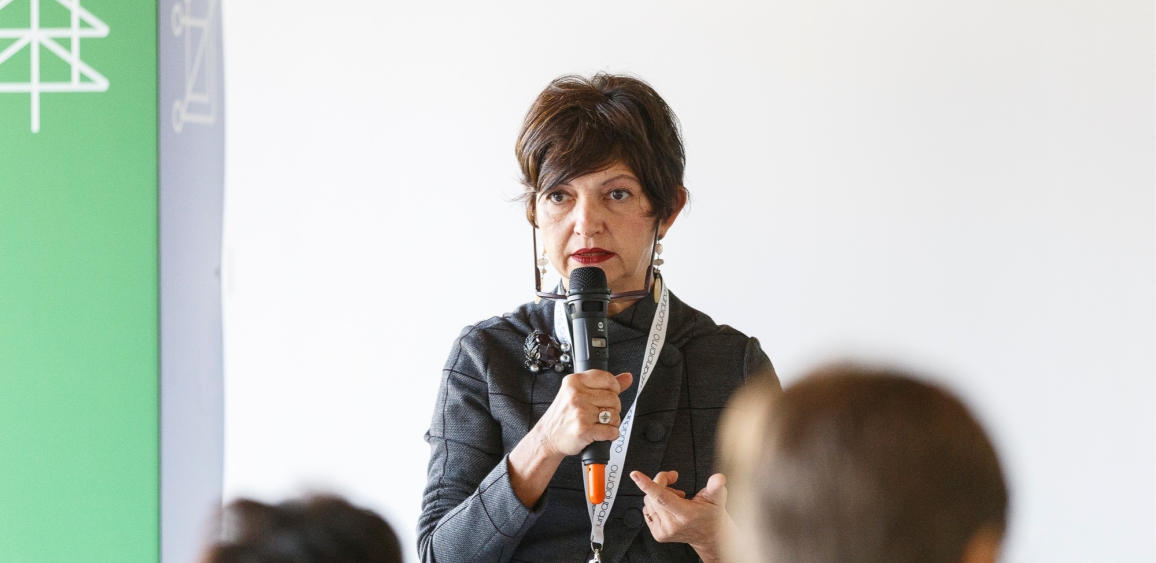

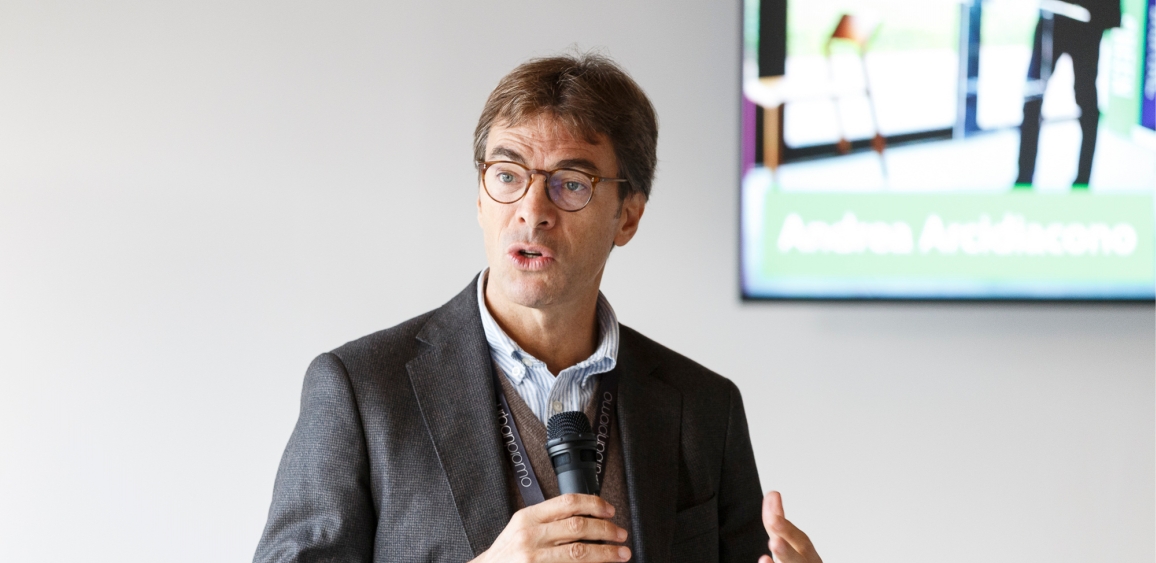
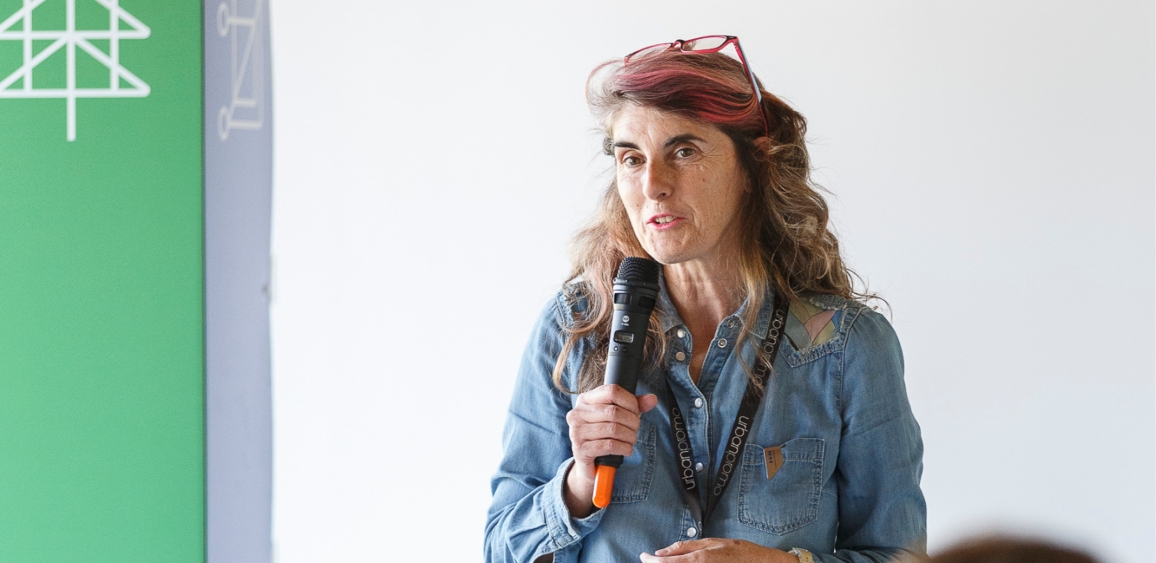
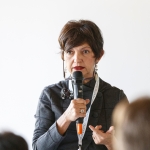
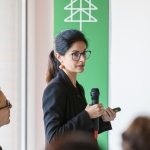


Contributions